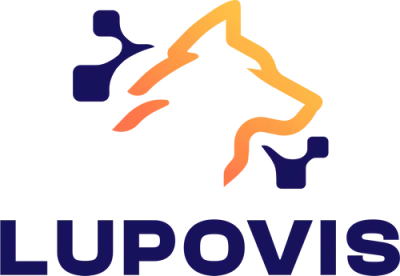Eight Scottish space startups, including ScotlandIS member Lupovis, have joined the Glasgow City Innovation District (GCID) Venture Studio, looking to drive technological advancements in space data and sustainability solutions across various sectors.
The new cohort will join under the Venture Studio’s ‘Challenge’ pillar, and are set to take part in GCID’s ‘space data for industry’ programme, providing them with grant funding to help create innovative solutions that use space data to further collaborations with customers.
According to GCID, the new intake represents a wide spectrum of expertise, including Earth observation, fleet management, cybersecurity, IoT, and renewable energy, with the programme aiming to showcase Glasgow’s commitment to furthering space technology and sustainability innovation in Scotland.
Alisdair Gunn, director of the Glasgow City Innovation District, said: “Each of these Glasgow based companies brings a unique perspective through the use of space data to the world’s most pressing challenges, and importantly each company has brought an industry challenge partner on board who will work alongside the project teams ensuring the delivery of a commercially focused solution”
Among the companies taking part are AAC Clyde Space, aiming to improve global environmental monitoring through a low-cost, high-resolution Earth observation data solutions, and Krucial, which will work to assess the technical, operational, and commercial viability of combining its hybrid satellite-enabled IoT technology with partner Pelion’s cellular-enabled solution.
Other space startups joining the Venture Studio are Trade in Space, designing a mission to deploy IoT-enabled PocketQube satellites to monitor water usage; Lupovis, which provides tailored cybersecurity for space data infrastructures; and D-CAT, which will work in collaboration with Kana Earth to create a comprehensive platform integrating satellite remote sensing data to support natural capital projects.
Rounding out the cohort are Bypass, providing fleet management solutions for smart vehicles, Craft Prospect, taking on the data bottleneck around the growing Earth observation industry, and Trios Renewables, aiming to standardise Technical Due Diligence for offshore wind investments.
GCID said that the new programme will be funded by Glasgow City Council and the UK Government through the UK Shared Prosperity Fund, with additional support from Scottish Enterprise.
“As the demand for satellite data from a wide range of customers grows, so do the economic opportunities associated with the space data management market,” said Derek Shaw, director for scaling innovation at Scottish Enterprise.
“Governments want to analyse it from a disaster preparedness perspective. Academics need it for their research. And businesses spanning fisheries to insurers, and everything in between are tuning into its value. So, it’s important that we support the development of our home-grown companies, particularly when we’ve identified space as an industry where Scotland can take a leading role.”
Source: DIGIT

